Trump Tried to Seize Control of Mueller Probe, Report Says
The 448-page document, public at last, details the president's efforts to prevent an investigation into possible obstruction of justice.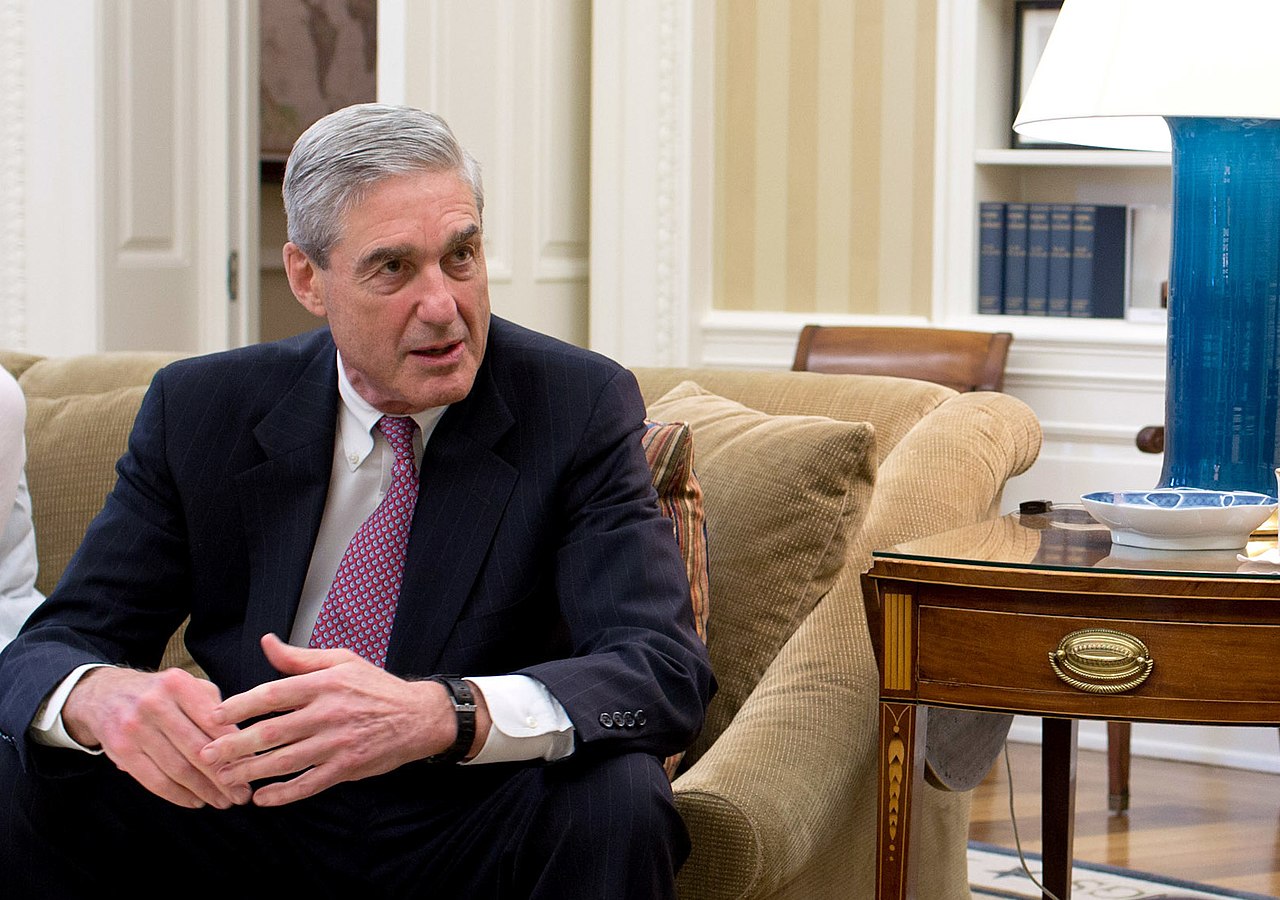 Special counsel Robert Mueller. (Wikimedia Commons)
Special counsel Robert Mueller. (Wikimedia Commons)
WASHINGTON — Public at last, special counsel Robert Mueller’s report revealed to a waiting nation Thursday that President Donald Trump had tried to seize control of the Russia probe and force Mueller’s removal to stop him from investigating potential obstruction of justice by the president.
The report said that in June 2017, Trump directed White House Counsel Don McGahn to call the acting attorney general and say that Mueller must be ousted because he had conflicts of interest.
McGahn refused — deciding he would rather resign than trigger what he regarded as a potential Saturday Night Massacre of Watergate firings fame.
For all of that, Mueller said in his report that he could not conclusively determine that Trump had committed criminal obstruction of justice.
The Justice Department posted a redacted version of the report online Thursday morning, 90 minutes after Attorney General William Barr offered his own final assessment of the findings.
The two-volume, 448-page report recounts how Trump repeatedly sought to take control of the Russia probe.
Mueller evaluated 10 episodes for possible obstruction of justice, including Trump’s firing of FBI Director James Comey, the president’s directive to subordinates to have Mueller fired and efforts to encourage witnesses not to cooperate.
The president’s lawyers have said Trump’s conduct fell within his constitutional powers, but Mueller’s team deemed the episodes deserving of criminal scrutiny.
Mueller reported that Trump had been agitated at the special counsel probe from its earliest days, reacting to Mueller’s appointment by saying it was the “end of his presidency.”
As for the question of whether the Trump campaign had colluded with Russia during the 2016 presidential campaign, Mueller wrote, “While the investigation identified numerous links between individuals with ties to the Russian government and individuals associated with the Trump Campaign, the evidence was not sufficient to support criminal charges.”
Mueller also said there wasn’t sufficient evidence to charge any campaign officials with working as an unregistered foreign agent of Russia.
The report included an appendix that contained 12 pages of Trump’s written responses to the special counsel. They included no questions about obstruction of justice, as was part of an agreement with Trump’s legal team.
Trump told Mueller he had “no recollection” of learning in advance about the much-scrutinized Trump Tower meeting between campaign officials and a Russian lawyer. He also said he had no recollection of knowledge about emails setting up the meeting that promised dirt on Hillary Clinton’s campaign.
He broadly denied knowing of any foreign government trying to help his campaign, including the Russian government. He said he was aware of some reports that Russian President Vladimir Putin had made “complimentary statements” about him.
Trump said that his comment during a 2016 political rally asking Russian hackers to help find emails scrubbed from Clinton’s private server was made “in jest and sarcastically” and that he did not recall being told during the campaign of any Russian effort to infiltrate or hack computer systems.
Trump’s legal team called the results “a total victory for the president.”
Read the report in its entirety here.
Your support matters…Independent journalism is under threat and overshadowed by heavily funded mainstream media.
You can help level the playing field. Become a member.
Your tax-deductible contribution keeps us digging beneath the headlines to give you thought-provoking, investigative reporting and analysis that unearths what's really happening- without compromise.
Give today to support our courageous, independent journalists.
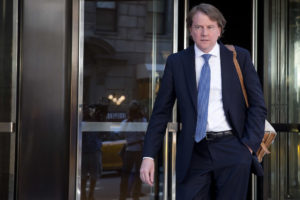

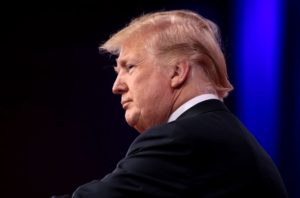
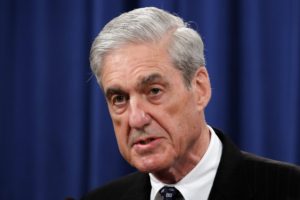
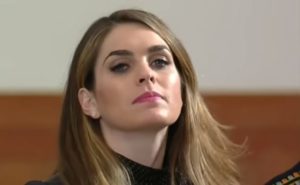
You need to be a supporter to comment.
There are currently no responses to this article.
Be the first to respond.